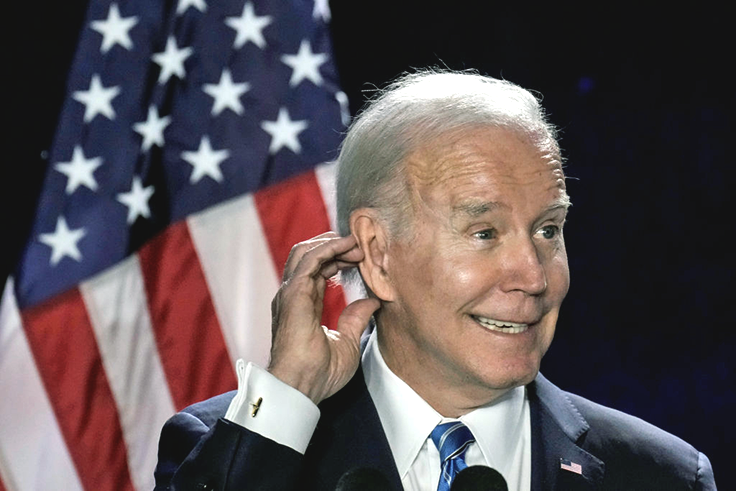WASHINGTON (Reuters)—JPMorgan Chase & Co's deal to buy First Republic Bank pushed the Biden administration into a corner, leaving officials scrambling to explain how their stance against mergers squared with allowing the largest U.S. bank to get even bigger.
At a White House event on small business on Monday, President Joe Biden hailed the sale of the troubled San Francisco-based lender, saying it would protect all depositors and avert a government bailout. He did not mention JPMorgan and underscored his call for stronger banking regulations.
Senator Elizabeth Warren, a Democrat and member of the Senate Banking Committee who has been pushing for tighter banking regulations, blasted the decision, sounding a theme that could hound Biden, who last week announced his bid to win another term in the White House and has struggled with low approval ratings.
"A poorly supervised bank was snapped up by an even bigger bank — ultimately taxpayers will be on the hook," Warren tweeted.
White House press secretary Karine Jean-Pierre said JPMorgan's acquisition of First Republic's assets was necessary to ensure continued resilience of the banking system and came at no cost to taxpayers.
"No recent administration has done more to promote competition, address (the) concentration process across industries," she told a White House briefing.
Jean-Pierre added that Biden administration officials valued the fact that community banks offer services to those who might not otherwise have banking access.
The deal for the failed lender comes amid increased discussion among U.S. regulators about tightening rules on bank mergers, with officials growing worried that consolidation could undermine financial stability and leave communities wanting for services.
Administration officials, mindful of the impact of a JPMorgan takeover on the banking sector, prodded smaller lenders to submit bids and worked hard to find a different solution, but the size of JPMorgan's offer ultimately gave it an edge, according to sources familiar with the process.
Current law means the Federal Deposit Insurance Corp was legally bound to choose the offer that cost the least, said Aaron Klein, a former Treasury official and Senate staffer who helped craft the Dodd-Frank reform law passed in the wake of the global financial crisis.
In the end, the need to avert contagion in the banking sector trumped worries about JPMorgan's becoming more powerful, former officials said.
"Too big to fail is obviously a worry, but right now you've got to put out the hottest fire first," said Ben Harris, who left his post as Treasury assistant secretary for economic policy at the end of March and had served as chief economist to Biden when he was President Barack Obama's vice president.
(Reporting by Andrea Shalal and Pete Schroeder; additional reporting by David Lawder, Sruthi Shankar, Chris Prentice and Douglas Gillison; Editing by Leslie Adler)
